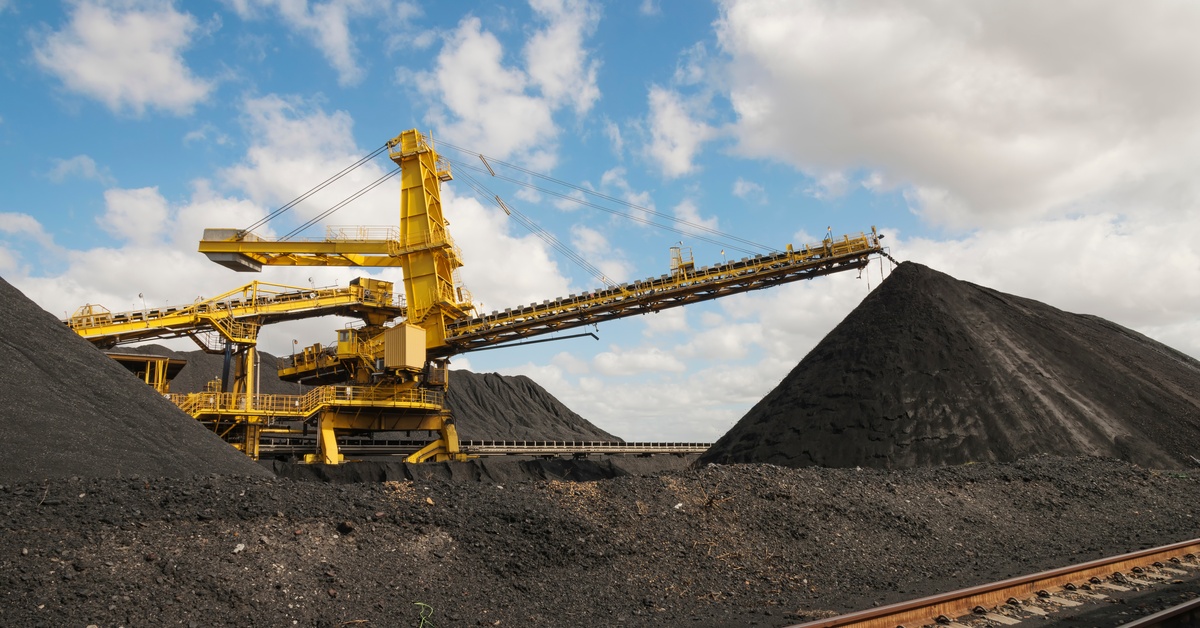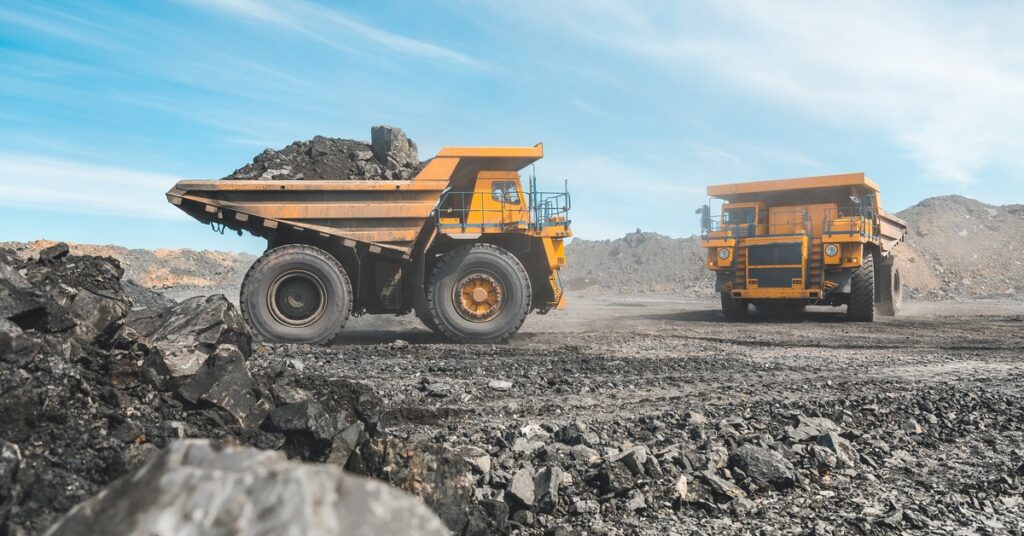As an operator or owner of powerful mining machines, you know they’re essential for completing tough jobs efficiently. However, with great power comes the risk of excessive noise production, especially from braking systems.
Excessive brake noise creates discomfort for operators and those working nearby and can also lead to safety concerns and damage to surrounding structures. You must have effective brake noise reduction strategies for your off-highway vehicles so your day-to-day operations can be safe, efficient, and quiet.
Choose High-Quality Brake Pads
The quality of brake pads in off-highway vehicles determines the level of noise produced during braking. Low-quality or worn-out brake pads can lead to excessive friction and vibrations, which often cause loud screeching or squealing noises, especially under heavy braking conditions.
To address this issue, invest in high-quality brake pads specifically for off-highway vehicles. These premium pads use advanced materials that can withstand heavy use and reduce noise. While they may have a higher upfront cost, quality brake pads offer greater durability, improved performance, and quieter operation, making them a cost-effective solution for your mining operation.

Keep Brake Components Clean
Dirt, debris, and rust buildup on brake components, such as calipers and rotors, can contribute to brake noise in off-highway vehicles. Over time, this buildup can create uneven contact surfaces or interfere with the smooth operation of the braking system, resulting in unwanted sounds like grinding or squealing.
To prevent this, regularly clean and inspect all brake components. Use proper cleaning solutions designed for brake systems to remove dirt, grease, and rust effectively. A little bit of hard work and maintenance can reduce noise and improve braking performance.
Lubricate Moving Parts
Proper lubrication is crucial for quiet, efficient brake systems in off-highway vehicles. Without adequate lubrication, the moving parts of the brake system, such as caliper pins or slide mechanisms, can experience increased friction, causing noise and even accelerated wear.
Thankfully, applying a high-quality lubricant specifically formulated for brake systems can reduce this friction, eliminating squeals and creaks. Regular lubrication also prevents rust and corrosion, extending the lifespan of the components.
Adjust Brake Clearances
Improper clearances between the brake pads and rotor are a common cause of excessive brake noise in off-highway vehicles. When the clearances are too tight or too loose, the braking system can produce high-pitched squeals, vibrations, or even grinding sounds during operation.
To address this issue, adjust clearances according to the manufacturer’s specifications. This adjustment ensures proper alignment and smooth engagement between the brake pads and rotors, minimizing noise while improving overall braking efficiency.
Use Anti-Vibration Shims
Anti-vibration shims are an effective solution for reducing noise-causing vibrations in the brake system. These thin layers of metal or rubber go between the brake pad and caliper to absorb vibrations that would otherwise translate into noise. For off-highway vehicles, use special shims specifically for heavy-duty use.
High-quality, anti-vibration shims reduce noise while enhancing braking efficiency by providing a stable and secure fit. When replacing brake pads, consider upgrading to pads that come with built-in anti-vibration shims or purchase separate shims to install with your existing setup for even more noise reduction.
Inspect for Loose Hardware
Loose or poorly secured hardware in the brake system, such as bolts, clips, or brackets, can cause rattling, clunking, or other unwanted noises during operation. Over time, the vibrations and stress experienced by off-highway vehicles can loosen these components, impacting both noise levels and braking performance. You can usually spot and address these issues by tightening loose hardware.
Check for Proper Brake Fluid Levels
Low or contaminated brake fluid can contribute to brake noise in off-highway vehicles. Brake fluid plays a key role in the hydraulic system, allowing for smooth, efficient braking. If the fluid level is too low or the fluid is old and contaminated, you’ll deal with reduced braking performance and unnecessary noise. Regularly check the fluid levels and top up or replace as necessary with high-quality, manufacturer-recommended brake fluid.
Invest in Noise-Dampening Cabins
Operators of off-highway vehicles are often exposed to loud noises for extended periods, which can lead to fatigue and discomfort. Investing in cabins with proper insulation and sound-absorbing materials can reduce the noise levels experienced by operators. These noise-dampening cabins create a quieter, more comfortable working environment, reducing the overall impact of engine and brake noise. While this upgrade may require an initial investment, the long-term benefits to an operator’s well-being and productivity make it a worthwhile improvement.
Regularly Inspect and Replace Worn Brake Components
Brake components naturally wear out over time, and worn or damaged parts are a common cause of excessive noise in off-highway vehicles. Components like brake pads, rotors, and calipers need regular checks so you can spot signs of wear and tear, such as thinning, cracks, and uneven surfaces.
Replacing these parts promptly reduces noise while keeping the braking system functioning efficiently and safely. Maintaining a consistent inspection schedule helps you and your team prevent small issues from escalating into costly repairs or downtime.

Use Noise-Canceling Headphones
Noise-canceling headphones provide relief for operators working in loud environments. These headphones reduce the auditory strain caused by loud machinery, including braking noise, and allow operators to better concentrate during long shifts. Modern noise-canceling headphones help block out harmful noise levels while still allowing operators to hear important communication or alerts. This small investment can greatly improve the comfort and focus of your operating team.
Share Best Practices With Operators
Proper training for vehicle operators is one of the most effective ways to reduce brake noise and improve overall operation. Educate operators on best practices, such as maintaining optimal speeds, avoiding aggressive braking, and performing routine vehicle inspections. When operators understand how their actions impact the noise levels and performance of their vehicles, they’re more likely to adopt habits that minimize unnecessary wear and noise.
Excessive brake noise in off-highway vehicles is more than just annoying—it can also affect operator comfort, pose safety risks, and lead to costly repairs or downtime. Fortunately, you can combat this noise with effective off-highway vehicle brake noise reduction strategies. When you take proactive steps and rely on experts like us at Bull Powertrain, you can make sure your off-highway brakes are in top shape and quiet!

